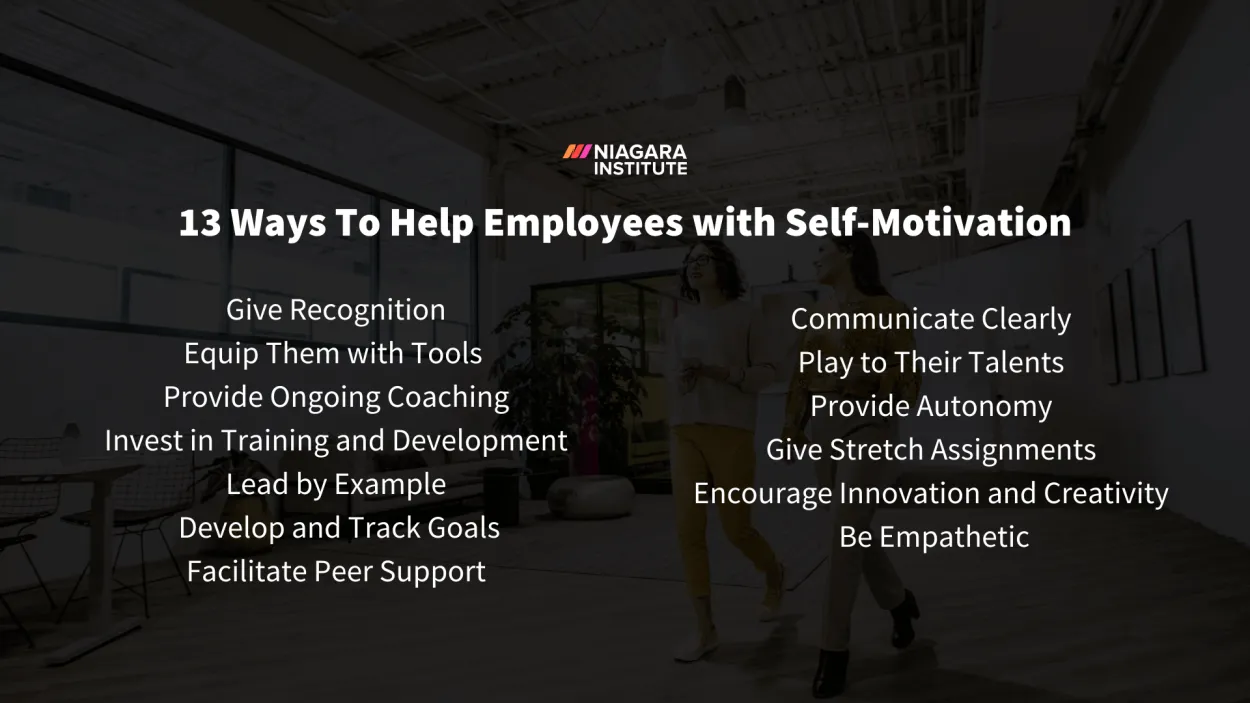Self-motivation at work is crucial for achieving excellence. In this article, we will explore effective strategies and techniques to boost motivation levels, enhance productivity, and thrive in the workplace. Discover practical tips to harness your inner drive and reach new heights in your professional journey.
Tips for Setting Personal Goals and Achieving Success
Setting personal goals is an essential step in achieving success, both in your personal and professional life. Here are some tips to help you set meaningful goals and stay motivated to achieve them:
1. Be Specific and Measurable
When setting goals, be specific about what you want to achieve. Instead of saying, “I want to exercise more,” specify how many times per week or how many minutes per day you are going to exercise. This way, you can track your progress and stay motivated.
2. Set Realistic Goals
While it’s important to challenge yourself, make sure your goals are realistic and attainable. Setting unrealistic goals can lead to discouragement and frustration. Break down big goals into smaller, manageable steps to make them more achievable.
3. Write Down Your Goals
Putting your goals in writing makes them more tangible and increases your commitment to achieving them. Write them down in a journal or create a vision board to visualize your goals. This will serve as a constant reminder and keep you focused.
4. Create an Action Plan
Develop a plan of action to reach your goals. Break down each goal into specific actions and set deadlines for completing them. Having a concrete plan will keep you organized and motivated to take consistent steps towards achieving your goals.
5. Stay Positive and Stay Motivated
Believe in yourself and maintain a positive mindset throughout your goal-setting journey. Celebrate small wins along the way and learn from any setbacks or obstacles you encounter. Surround yourself with supportive and like-minded individuals who can help you stay motivated.
6. Review and Adjust
Regularly review your goals and progress. Adjust them if needed, as circumstances may change over time. Stay flexible and open to new opportunities that align with your overall objectives. Regularly tracking your progress will help you stay on track and motivated.
By following these tips, you can set personal goals that are meaningful to you and increase your chances of achieving success. Remember, self-motivation at work is crucial in excelling and reaching your full potential.
Overcoming Procrastination and Staying Focused
In the fast-paced world of work, staying focused and avoiding procrastination is crucial for achieving success. With numerous distractions and competing priorities, maintaining self-motivation becomes a challenge. However, by implementing effective strategies, you can excel in your professional life and overcome procrastination.
1. Set Clear Goals
Start by setting clear and achievable goals. Having a clear direction helps you stay focused and avoid deviating from your tasks. Break down larger goals into smaller, manageable ones to ensure consistent progress.
2. Prioritize and Organize
Learn to prioritize tasks based on their importance and deadlines. Create a to-do list and organize it by arranging tasks in order of priority. This way, you can tackle the most critical tasks first, reducing the chance of procrastination.
3. Avoid Multitasking
While it may seem efficient to juggle multiple tasks simultaneously, multitasking often leads to decreased focus and productivity. Instead, focus on one task at a time, dedicating your full attention and energy to it before moving on to the next.
4. Develop a Routine
Establishing a daily routine can significantly improve your ability to stay focused. Set aside specific blocks of time for different tasks, creating a structure that helps you stay on track. Stick to your routine as much as possible to cultivate a disciplined work ethic.
5. Minimize Distractions
Identify and minimize potential distractions in your work environment. Close unnecessary browser tabs, put your phone on silent mode, and communicate to colleagues that you need uninterrupted focus during certain periods. Creating a productive and distraction-free workspace enhances your concentration and productivity.
6. Take Breaks and Reward Yourself
Remember to take regular breaks to recharge and rejuvenate your mind. Rewards can also help boost motivation. Set milestones and reward yourself when you accomplish them, providing yourself with incentives to stay focused and overcome procrastination.
7. Seek Accountability and Support
Find an accountability partner or join a support group to keep yourself motivated. Sharing your goals and progress with others creates a sense of responsibility and encourages you to stay focused on your tasks.
By implementing these strategies and developing a strong sense of self-motivation, you can excel in your work and overcome procrastination. Remember, self-motivation is a lifelong skill that requires continuous practice and adaptation.
Conclusion
Self-motivation is crucial for excelling at work. By setting clear goals, maintaining a positive mindset, and staying disciplined, individuals can tap into their inner drive to achieve success. Taking responsibility for personal growth and seeking opportunities for self-improvement are key factors in fostering self-motivation and ultimately, professional excellence.




